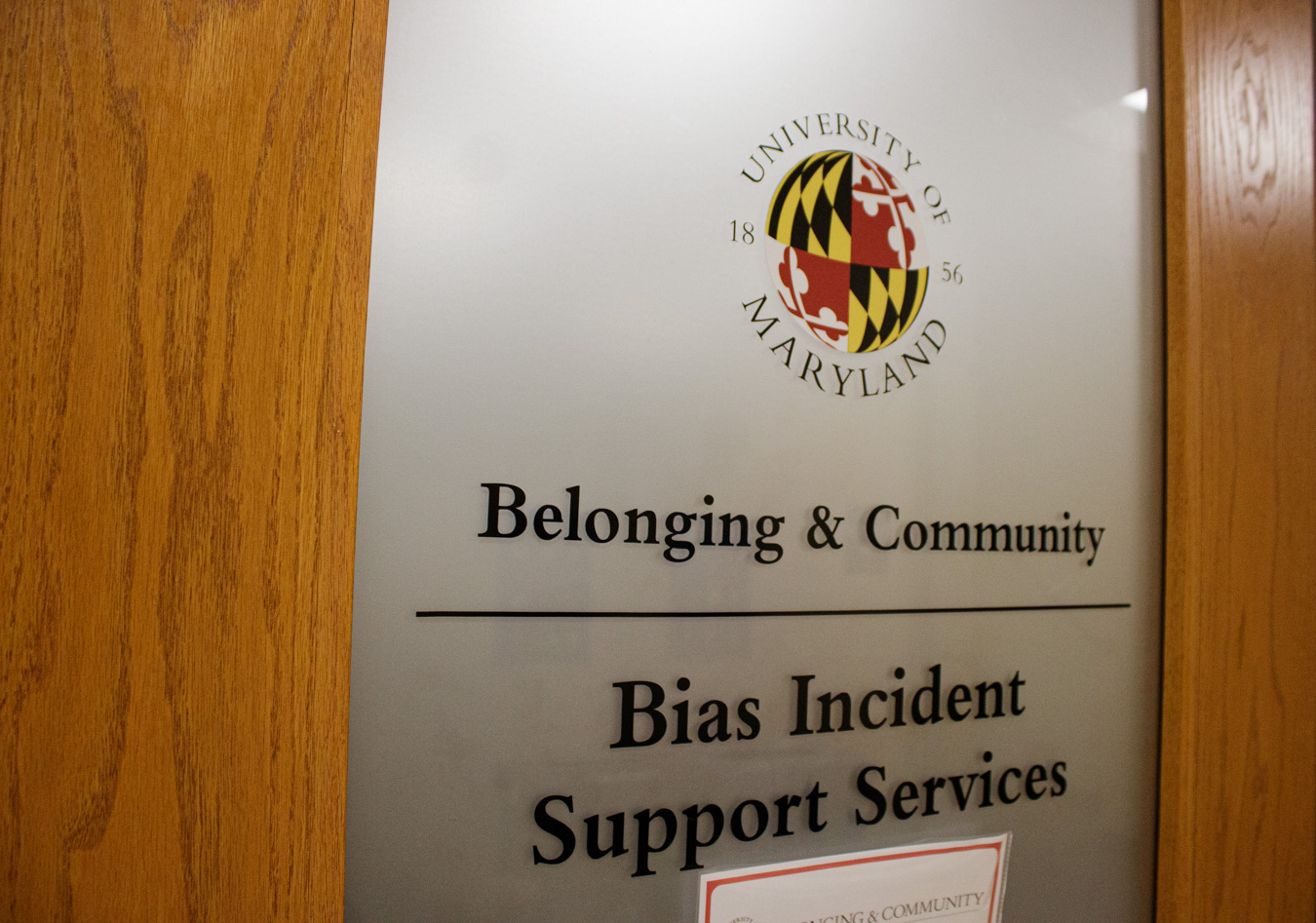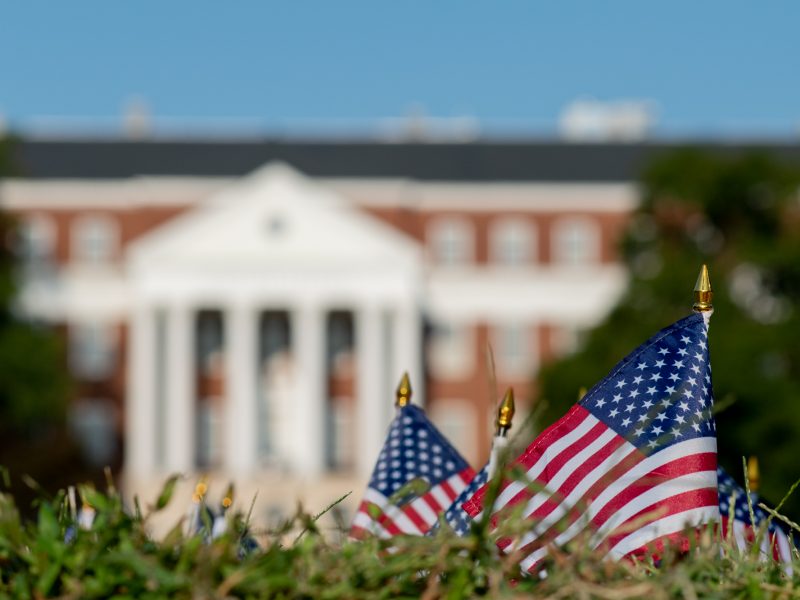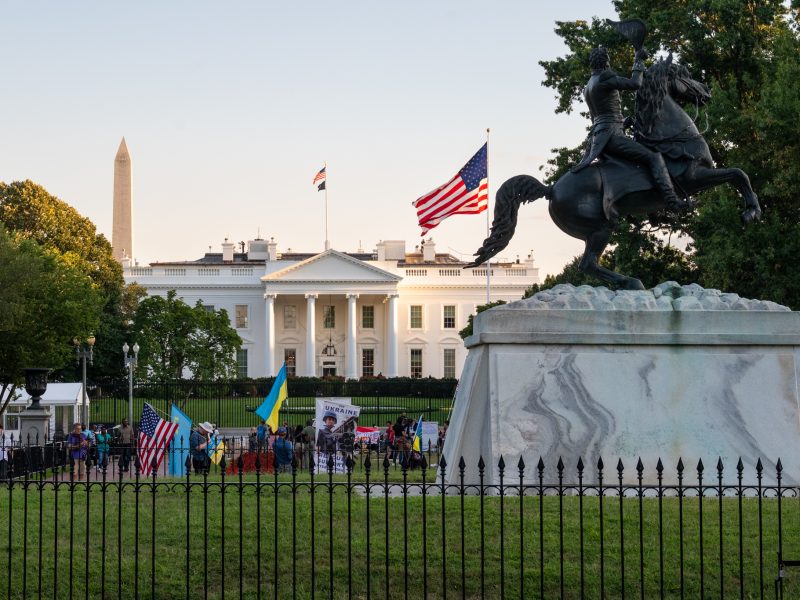Views expressed in opinion columns are the author’s own.
Amid widespread political pressure on higher education institutions in the United States, the University of Maryland has set a dangerous precedent in relinquishing part of its independence.
In August, the university joined numerous institutions across the country in rebranding its Office of Diversity and Inclusion to the Office of Belonging & Community.
Nationwide efforts dedicated to encouraging diversity, equity and inclusion initiatives have been integral villains in the Trump administration’s narrative since the president’s first term. In his second, the war on such policies has only escalated, with Trump pinning everything from the tragic Washington, D.C., plane crash in January to federal agency inefficiencies on diversity initiatives.
Earlier this year, American colleges and universities were accused of abusing their authority by “imposing discriminatory diversity, equity, and inclusion” standards, with Trump signing executive orders that directed them to halt participation in such practices and disclose admissions data to the federal government. Unfortunately, this university was one of many to bend. If we want to retain further integrity as an institution, we cannot continue to do so in response to iniquitous political agendas.
The administration threatened colleges and universities that failed to comply with federal funding freezes or cuts, and has also threatened to revoke the tax-exempt status of private institutions.
Several state lawmakers have enacted policy rollbacks or bans, which has forced public universities like the University of Michigan and the entire University of North Carolina system to fully dissolve their diversity, equity and inclusion offices and programs. But it is important to note that this university did have a choice, with Maryland leaders affirming their commitment to preserving diversity, equity and inclusion initiatives. Other public universities in Maryland, including the University of Maryland, Eastern Shore, Towson University, the University of Maryland, Baltimore County, and nearby Bowie State University, have all maintained such programs and initiatives, at least according to their websites.
And if the University of Maryland continues to concede to the government, its students and faculty are at severe risk of losing comparable rights.
Columbia University was stripped of $400 million in federal funding after Trump alleged a series of pro-Palestine protests indicated the university’s antisemitism. The Trump administration also targeted Harvard University, blocking $2.2 billion in federal funding and $60 million in federal contracts and attempting to block foreign students from entering the U.S. to attend the university.
Harvard has refused to comply with the majority of Trump’s demands about giving power over the university to the government, as well as restricting minority and international enrollment. And while Harvard sued the administration in retaliation, it too has made plenty of concessions, removing its women’s and LGBTQ+ student centers, ending its undergraduate minority recruitment program, and, like this university, quietly adjusting its terminology away from diversity, equity and inclusion.
For now, the change at the University of Maryland is largely symbolic. But symbols exist for a reason. The rebrand is understandable given the current political climate and allows for the systems and procedures that defined the diversity, equity and inclusion office to remain in place. But it is deeply concerning, as it appears to validate the Trump administration’s outlandish claims and hints at a willingness to comply with administration demands on the initiatives.
This would put the university’s commitment to an inclusive campus and overall reputation as an academically and socially progressive, respected, sovereign and credible institution at stake. And if we look to universities like Columbia and Harvard as examples, it seems as though more allowances are in store for this university under its current trajectory. I’m sympathetic to the school’s reliance on federal funding, but far more is at risk if it continues to yield.
Anushka Shah is a junior government and politics major with a concentration in international relations. She can be reached at fromanushkashah@gmail.com.



